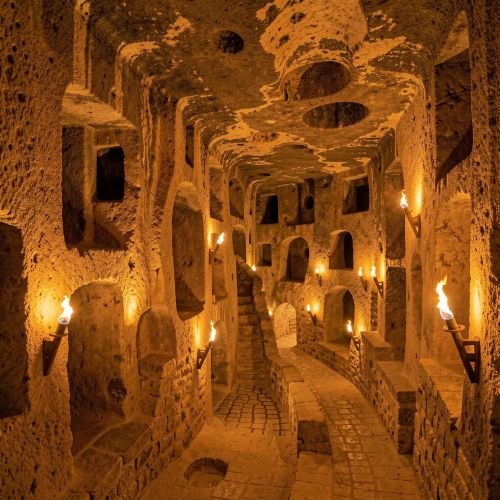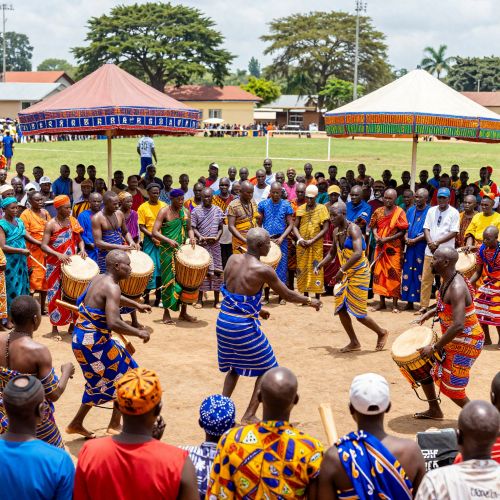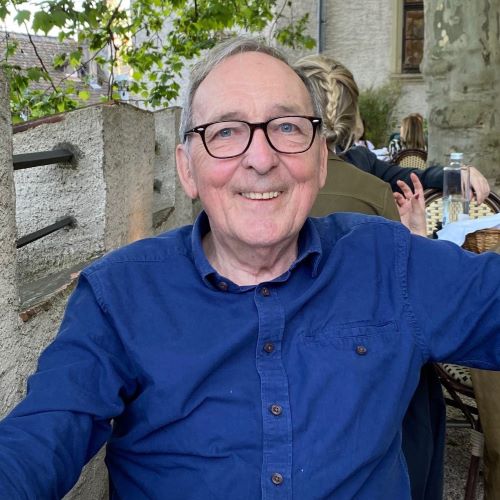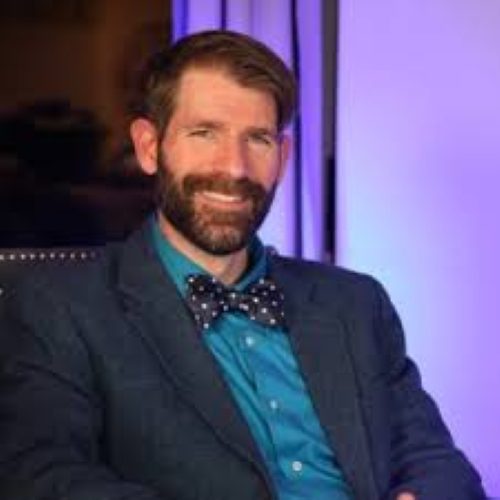Bruce Lincoln : Scholar of Myth, Power, and History
Mythlok Perspective
From the Mythlok perspective, Bruce Lincoln exposes mythology as a language of power. His work challenges the idea that myths exist only to explain the cosmos, instead revealing how narratives are shaped to legitimise authority, hierarchy, and social order. By reading myth alongside politics, ideology, and history, Lincoln shows that stories of gods and origins are never neutral. Across cultures, from Indo-European traditions to South Asian cosmologies, his approach reinforces a central Mythlok insight: myths do not merely reflect society, they actively participate in shaping who holds power and why.
Bruce Lincoln
Introduction
Bruce Lincoln stands among the most influential scholars in the modern study of religion and mythology. Born in 1948, he completed his Ph.D. in the History of Religions at the University of Chicago in 1976 under the mentorship of Mircea Eliade but soon moved beyond Eliade’s phenomenological style to take a far more critical, historically grounded approach. Over his long career—including his tenure as Caroline E. Haskell Distinguished Service Professor at the University of Chicago Divinity School—Bruce Lincoln became known for challenging romanticized interpretations of myth and urging scholars to confront the political and ideological forces that shape religious narratives. His work spans Indo-European studies, ancient Iranian traditions, ritual practice, and the sociology of religious discourse, making him one of the most cited theorists in contemporary religious studies.
Area of Expertise
Bruce Lincoln’s expertise lies in the historical and comparative study of religions, particularly within Indo-European and ancient Iranian contexts. His early training in philology allowed him to draw meaningful connections between languages, stories, and rituals across cultures such as Vedic India, ancient Persia, and pre-Christian Europe. Beyond linguistic comparison, Lincoln’s work interrogates how myths and rituals function as instruments of social authority. He consistently argues that religious traditions must be studied as products of their historical and political environments rather than timeless spiritual truths.
His scholarship includes extensive work on Indo-Iranian mythological systems, where he examines themes of sovereignty, cosmic order, and conflict. Lincoln also explores global examples—from Guatemalan healing practices to Melanesian funeral rituals—to illustrate how communities use religious expression to negotiate power and identity. Central to his methodology is discourse analysis, which he uses to reveal the ideologies embedded within sacred texts, ritual performances, and the scholarly study of religion itself.
Books & Publications
Bruce Lincoln is a prolific author, with works that have shaped how myths are interpreted in academic circles. His early book Priests, Warriors, and Cattle (1981), which won the ACLS Prize, compares East African and Indo-Iranian religious systems and remains a landmark in comparative mythology. Myth, Cosmos, and Society (1986, revised 2014) further demonstrates his command of Indo-European material, examining themes of creation, destruction, and social order.
In Discourse and the Construction of Society (1989), Lincoln outlines how myth and ritual actively shape cultural hierarchies rather than merely reflect them. Theorizing Myth (1999)—winner of the AAR Award for Excellence—presents his critical framework for interpreting myth as political narrative, challenging earlier theorists and emphasizing the ideological stakes of storytelling.
His Death, War, and Sacrifice (1991) examines the symbolic logic behind violence in religious contexts, while Authority: Construction and Corrosion (1994) investigates the processes by which institutions maintain or lose legitimacy. Following 9/11, Holy Terrors (2006) offered a widely cited analysis of how religion intertwines with modern political conflict. Later works, such as Gods and Demons, Priests and Scholars (2012) and Politique du paradis (2015), extend his critique to classical and Near Eastern empires. Lincoln also co-edited the anthology Apples and Oranges (2018), showing his continued engagement with comparative traditions.
Research & Contributions
Bruce Lincoln’s research reshaped the study of religion by challenging the assumption that myth embodies universal spiritual truths. Instead, he emphasizes its role as a cultural tool used to negotiate legitimacy, authority, and identity. He argues that myths operate as strategic narratives, often deployed by elites to justify hierarchy, warfare, or social boundaries. This perspective transformed discussions around the function of ritual, which he interprets as a material enactment of ideological claims.
His Indo-European studies remain central to the field, particularly his critiques of outdated racialized theories about “Aryan origins.” Lincoln advocates for a historically verifiable, linguistically grounded approach free of nationalist distortion. Moreover, his comparative method encourages scholars to examine both similarities and differences across cultures while always grounding analysis in political and social realities. This blend of philology, anthropology, political theory, and discourse analysis has inspired generations of researchers and reframed mythology as a powerful form of cultural argumentation rather than mythic fantasy.
Awards & Recognitions
Bruce Lincoln’s impact on religious studies has been acknowledged through numerous academic awards. His first major recognition was the American Council of Learned Societies Prize for Priests, Warriors, and Cattle in 1981. The Guggenheim Fellowship he received in 1982 further established his place among leading scholars. Theorizing Myth earned him the American Academy of Religion Award for Excellence in 2000 as well as the University of Chicago’s Gordon J. Laing Award in 2002.
Lincoln has also been honored with an honorary doctorate from the University of Copenhagen for his contributions to the humanities, and his citation metrics—over 10,000 citations and a high h-index—demonstrate the enduring influence of his work. He has held visiting professorships worldwide and is widely respected for mentoring younger scholars and advancing critical thinking within the field.
Social Media Profiles
As a traditional academic, Bruce Lincoln maintains minimal presence on modern social media platforms. His professional visibility exists primarily through institutional pages such as the University of Chicago Divinity School website, academic interviews, and his Google Scholar profile. His work circulates widely in scholarly networks, journals, and conferences rather than through platforms like Twitter or LinkedIn, aligning with his focus on rigorous academic discourse.
Bibliographic Sources
University of Chicago. (2024). Bruce Lincoln – Curriculum Vitae. https://chicago.academia.edu/BruceLincoln/CurriculumVitae
University of Chicago Divinity School. (2019, August 31). Bruce Lincoln. https://divinity.uchicago.edu/bruce-lincoln
Wikipedia contributors. (2006, October 7). Bruce Lincoln. Wikipedia. https://en.wikipedia.org/wiki/Bruce_Lincoln
Religious Studies Project. (n.d.). Bruce Lincoln. https://religiousstudiesproject.com/bruce-lincoln
University of Chicago Press. (2025). Awards and Honors – Bruce Lincoln. https://press.uchicago.edu/awards/bruce-lincoln
Lincoln, B. (1981). Priests, Warriors, and Cattle: A Comparative Study of East African and Indo-Iranian Religious Systems. University of California Press. https://www.ucpress.edu/book/9780520049072/priests-warriors-and-cattle
Lincoln, B. (1999). Theorizing Myth: Narrative, Ideology, and Scholarship. University of Chicago Press. https://press.uchicago.edu/ucp/books/book/chicago/T/bo3637971.html
Lincoln, B. (1986/2014). Myth, Cosmos, and Society: Indo-European Themes of Creation and Destruction. Harvard University Press. https://www.hup.harvard.edu/catalog.php?isbn=9780674970239
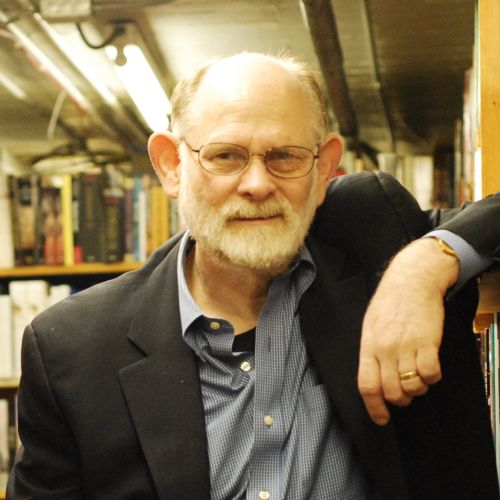
Frequently Asked Questions
Who is Bruce Lincoln?
Bruce Lincoln is an American scholar of religion best known for his work on mythology, ideology, and the political uses of sacred narratives.
What is Bruce Lincoln known for in myth studies?
He is known for analysing myths as instruments of social power, showing how stories are used to justify authority, hierarchy, and collective identity.
What is Bruce Lincoln’s main theory about myth?
Lincoln argues that myth should be studied alongside discourse, authority, and politics, as narratives often serve ideological purposes rather than neutral storytelling.
How did Bruce Lincoln influence comparative mythology?
He shifted comparative mythology away from romantic universalism toward critical analysis, emphasising historical context, power relations, and social intent.
Why is Bruce Lincoln’s work still relevant today?
His ideas remain influential because modern political narratives continue to operate mythically, using symbolic language to legitimise power and belief systems.


